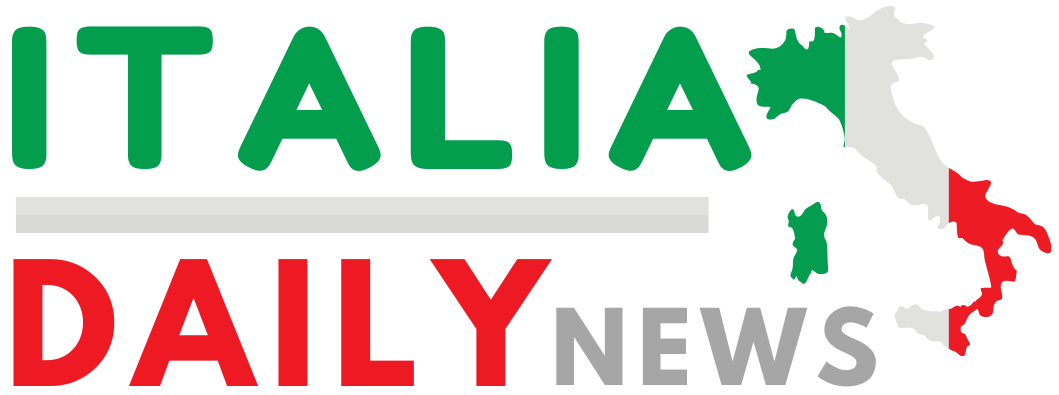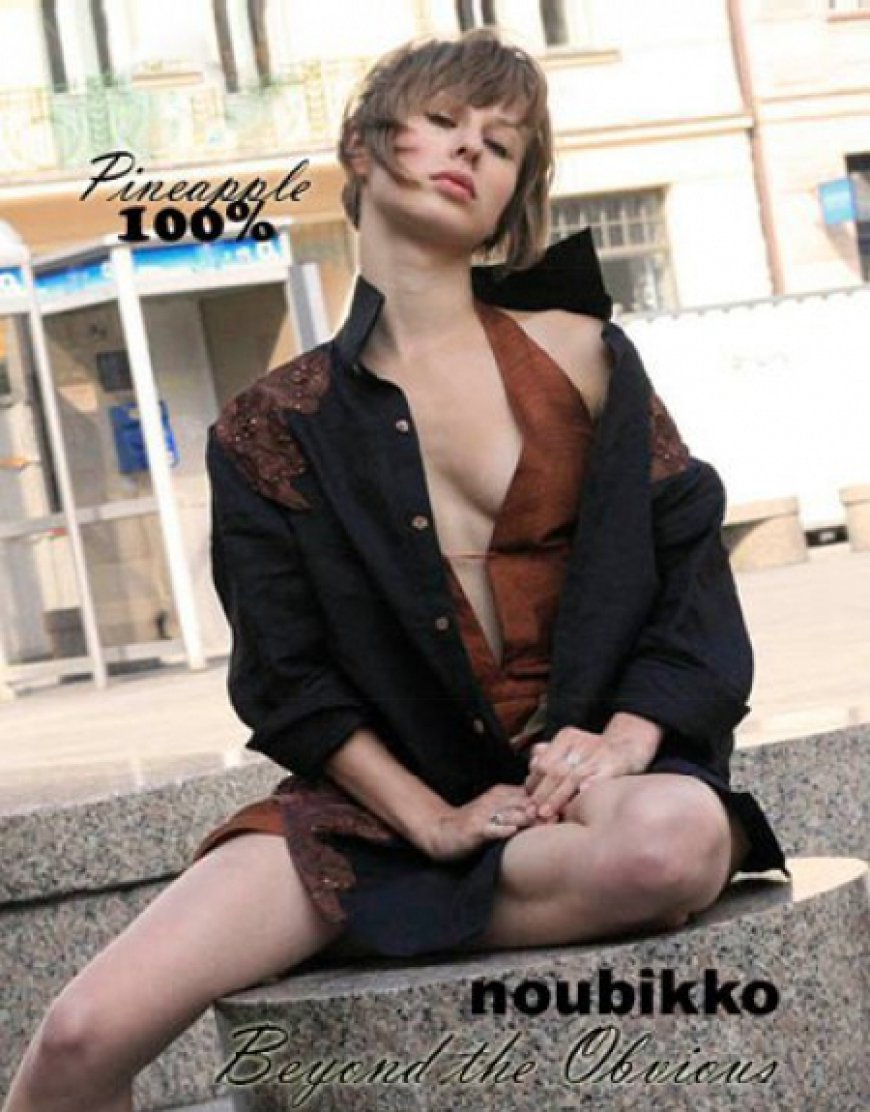Von der Leyen sets stage for contentious China summit
“If our partnership is to go forward, we need a genuine rebalancing,” European Commission president says two weeks ahead of Beijing summit.
European Commission President Ursula von der Leyen took aim on Tuesday at China’s industrial overproduction, export restrictions and its support for Russia’s war against Ukraine.
In a statement to the European Parliament in Strasbourg, Von der Leyen stressed that “our relations with China must be rooted in a clear-eyed assessment of the new reality.”
The remarks set the stage for a contentious summit later this month at which EU leaders will raise Beijing’s “no-limits partnership” with Vladimir Putin’s Russia. “We can say that China is de facto enabling Russia’s war economy, and we cannot accept this,” she told European lawmakers.
On the economic front, the relationship between Europe and China will need rebalancing, de-risking and a diplomatic boost when it comes to climate change and environmental issues, Von der Leyen argued.
She started by complimenting China as great global civilization that over the past 50 years has become a great global power.
But her praise quickly gave way to criticism, as she accused Beijing of operating outside of international rules and flooding global markets “with subsidized overcapacity — not just to boost its own industries, but to choke international competition.”
China runs “the largest trade surplus in the history of mankind,” she went on to say, while European companies were finding it harder to do business on the Chinese market where they faced systematic discrimination.
The increasing barriers faced by European companies in China include requiring foreign companies to keep localized staff; host research and development functions; and keep all IT data in the country, according to an EU Chamber of Commerce in China survey.
“I’ve always said it: Europe is fully committed to result-oriented engagement with China,” von der Leyen said, calling on Beijing to engage in a meaningful dialogue that leads to actual change. “If our partnership is to go forward, we need a genuine rebalancing.”
For all von der Leyen’s finger wagging, the EU is looking to copy some of China’s more successful industrial policies, including its own technology transfers and procurement laws.
Under its newly revised rules on state aid, EU governments are being encouraged to include European preference criteria in their bidding processes, as well as other forms of aid, particularly as the bloc looks to create a domestic battery sector.
In the Automotive Action Plan — the EU’s strategy for making its carmakers competitive — the executive has said it would look into direct support for European manufacturers. The EU is making public funds available for battery makers, including for non-EU companies so long as they are in a joint venture with a domestic partner and sharing know-how, technical expertise and technology.
The EU-China summit, called to mark 50 years of diplomatic relations, will be held in Beijing on July 24. A second summit day has been canceled. President Xi Jinping is not expected to attend, and the Chinese delegation will be led by premier Li Qiang.











